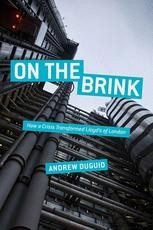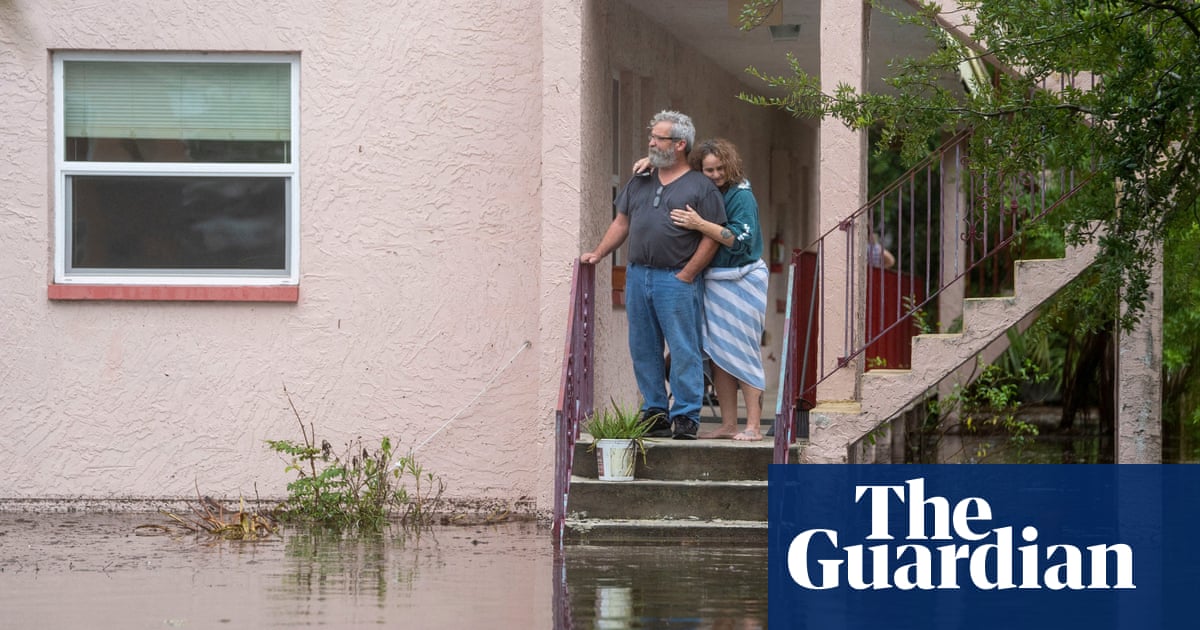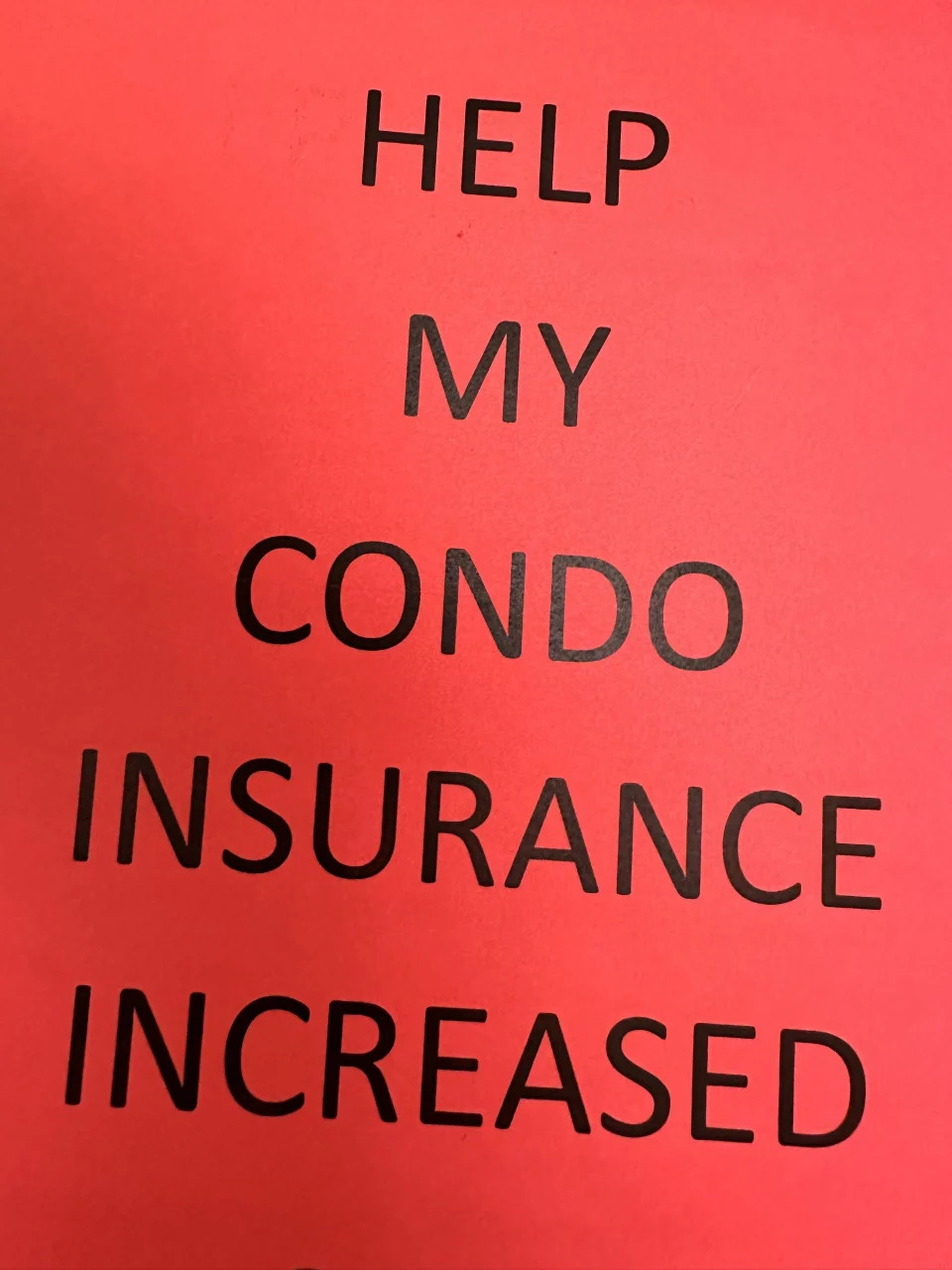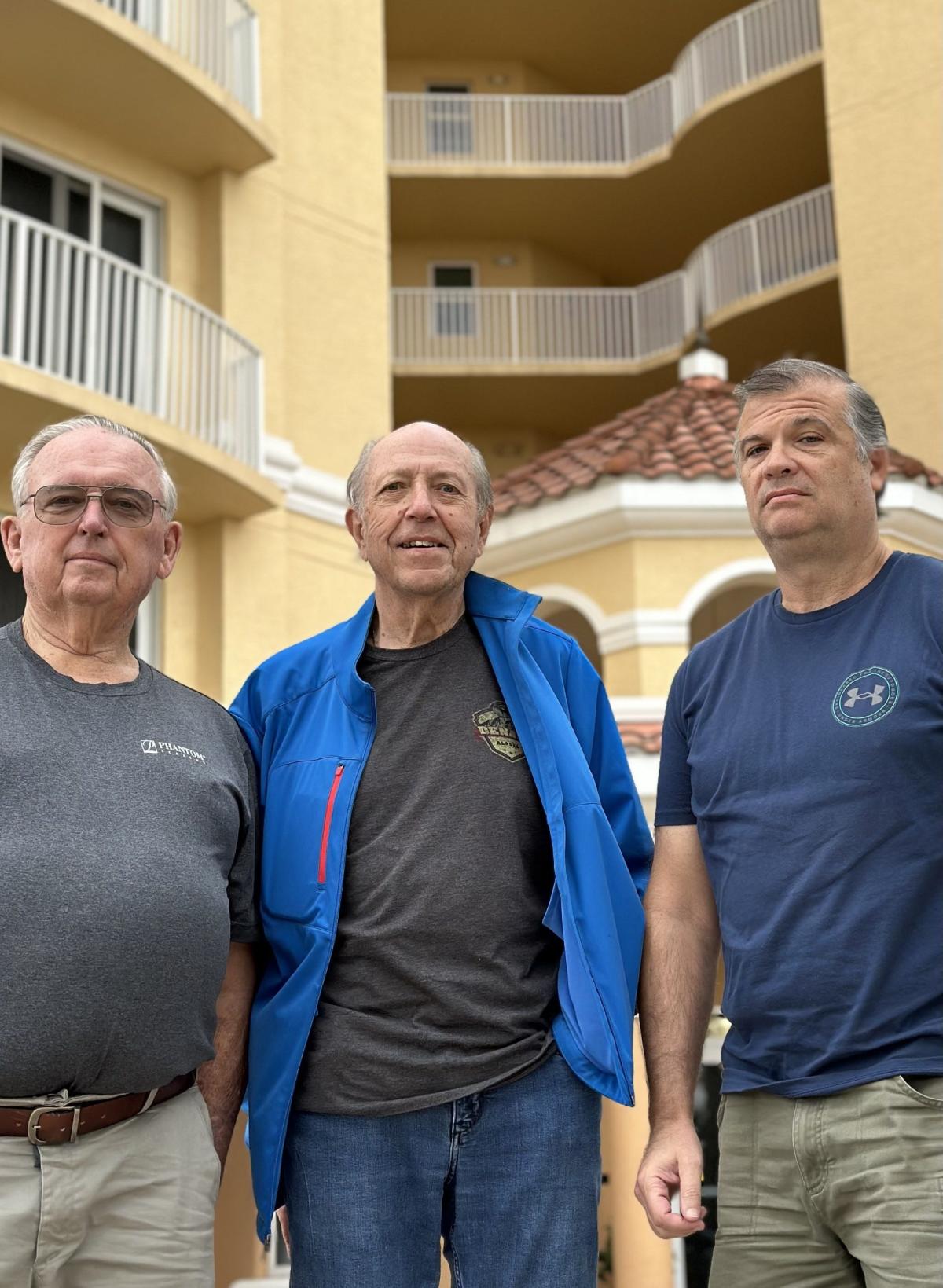
"The guys that issue homeowners' insurance have to buy "cat covers" ..." #62
The insurers are insured (for
most eventualities).
I sincerely appreciate both your mastery of this, and your skill at presenting it to the layman. Wouldn't surprise me if you've spent some time at college, at "the big desk".
Perhaps past my bedtime, but I'm struck by the similarities in buffering risk by insurance companies, and buffering financial transients institutions, including keeping enough at the bank to discourage a bank run. Both insurer and bank buffer against disaster.
The embarrassing irony here is that this business perspective, the quantified (monetized?) POV omits the human aspect, lost lives, disrupted families, etc.
It is after all a quantification, and quantity and quality are not synonyms. Some may use this as a coping mechanism.
ref:
Lloyd's of London
Insurance market located in the City of London
 Lloyd's of London
Lloyd's of London, generally known simply as
Lloyd's, is a British insurance and reinsurance market located in London, England. Unlike most of its competitors in the industry, it is not an insurance company; rather, Lloyd's is a corporate body governed by the Lloyd's Act 1871 and subsequent Acts of Parliament. It operates as a partially-mutualised marketplace within which multiple financial backers, grouped in syndicates, come together to pool and spread risk. These underwriters, or "members", are a collection of both corporations and private individuals, the latter being traditionally known as "Names".
The business underwritten at Lloyd's is predominantly general insurance and reinsurance, although a small number of syndicates write term life insurance. The market has its roots in marine insurance and was founded by Edward Lloyd at his coffee house on Tower Street in c. 1688. Today, it has a dedicated building on Lime Street which is Grade I listed. Traditionally business is transacted at each syndicate's "box" in the underwriting "Room" within this building, with the policy document being known as a "slip", but in more recent years it has become increasingly common for business to be conducted outside of the Lloyd's building itself, including remotely.
The market's motto is
Fidentia, Latin for "confidence", and it is closely associated with the Latin phrase
uberrima fides, or "utmost good faith", representing the relationship between underwriters and brokers.
Having survived multiple scandals and significant challenges through the second half of the 20th century, most notably the asbestosis affair, Lloyd's today promotes its strong financial "chain of security" available to promptly pay all valid claims. This chain consists of £55.2 billion of syndicate-level assets, £31bn of members' "funds at Lloyd's" and £4.9bn in a third mutual link which includes the "Central Fund" and which is under the control of the Council of Lloyd's.
In 2021 there were 75 syndicates managed by 50 "managing agencies" that collectively wrote £39.2bn of gross premiums on risks placed by 388 registered brokers. Around half of Lloyd's premiums emanate from North America and around one-quarter from Europe. Direct insurance represented 63 per cent of the premiums, mostly covering property and casualty (liability), while the remaining 37 per cent was reinsurance.
More from Wikipedia
Wikipedia text under
CC-BY-SA license







